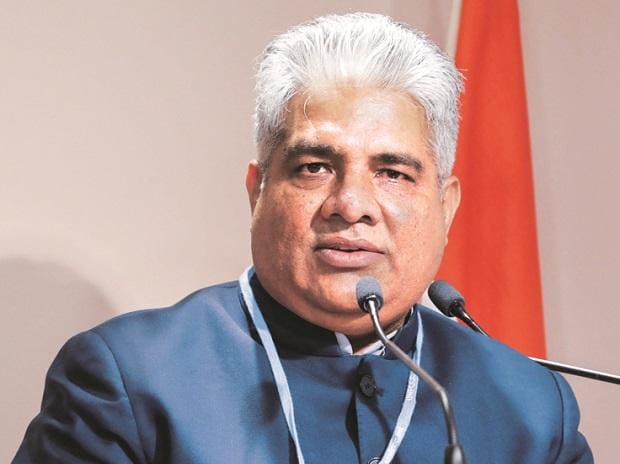Highlighting the need for a new and dedicated mechanism of allocating financial resources for developing countries, Environment Minister Bhupinder Yadav on Sunday said there is a need to bring out an ambitious and realistic Global Biodiversity Framework (GBF).
“India is fully committed to working closely with all parties so that we are all able to bring out an ambitious and realistic GBF,” Yadav said at the UN Biodiversity Conference (COP15) in Canada’s Montreal.
India said that developing countries bear most of the burden of implementing targets for the conservation of biodiversity and, therefore, require adequate funds and technology transfer.
While acknowledging the contributions of various parties, Yadav added, “Hope that this conference reaches a consensus on putting in place the post-2020 GBF.”
Goals and targets set in the GBF should be ambitious, yet realistic and practical, the environment minister said.
Addressing COP15, Yadav said the successful implementation of a post-2020 GBF will depend on the ways and means put in place for an equally ambitious ‘resource mobilisation mechanism’.
“There is a need to create a new and dedicated mechanism for the provision of financial resources to developing-country parties. Such a fund should be operationalised at the earliest to ensure effective implementation of the post-2020 GBF by all countries,” the minister said.
He added that conservation of biodiversity must also be based on ‘Common but Differentiated Responsibilities and Respective Capabilities’ (CBDR) as climate change also impacts nature.
CBDR is defined as “states have common but differentiated responsibilities in view of the different contributions to global environmental degradation”.
India’s call for financing comes as the 196 parties to the Convention on Biological Diversity (CBD) finalise negotiations for a post-2020 GBF – a new set of goals and targets to halt and reverse biodiversity loss.
There have been repeated calls for the inclusion of the CBDR principle in finance-related targets.
At CBD COP15, the parties are also trying to achieve a consensus on eliminating subsidies that are harmful to the environment, such as subsidies for fossil fuel production, agriculture, forestry and fisheries, by at least 500 billion Dollar annually and using this money for biodiversity conservation.
However, Yadav said, India does not agree on reducing the agriculture-related subsidy and redirecting the savings for biodiversity conservation, as there are many other national priorities.
For the developing nations, agriculture is a paramount economic driver for rural communities, and the critical support provided to these sectors cannot be redirected, Yadav said.
Biodiversity conservation requires ecosystems to be conserved and restored holistically and in an integrated manner. It is in this context that Ecosystem Approaches for conservation of biodiversity need to be adopted rather than nature based solutions, the minister added.
Note:- (Not all news on the site expresses the point of view of the site, but we transmit this news automatically and translate it through programmatic technology on the site and not from a human editor. The content is auto-generated from a syndicated feed.))




Wow, superb blog format! How lengthy have you ever been running a blog for?
you make blogging look easy. The total glance of your site is great, as
neatly as the content! You can see similar here dobry sklep
Thanks for sharing your thoughts about ecommerce. Regards I saw similar here:
Ecommerce